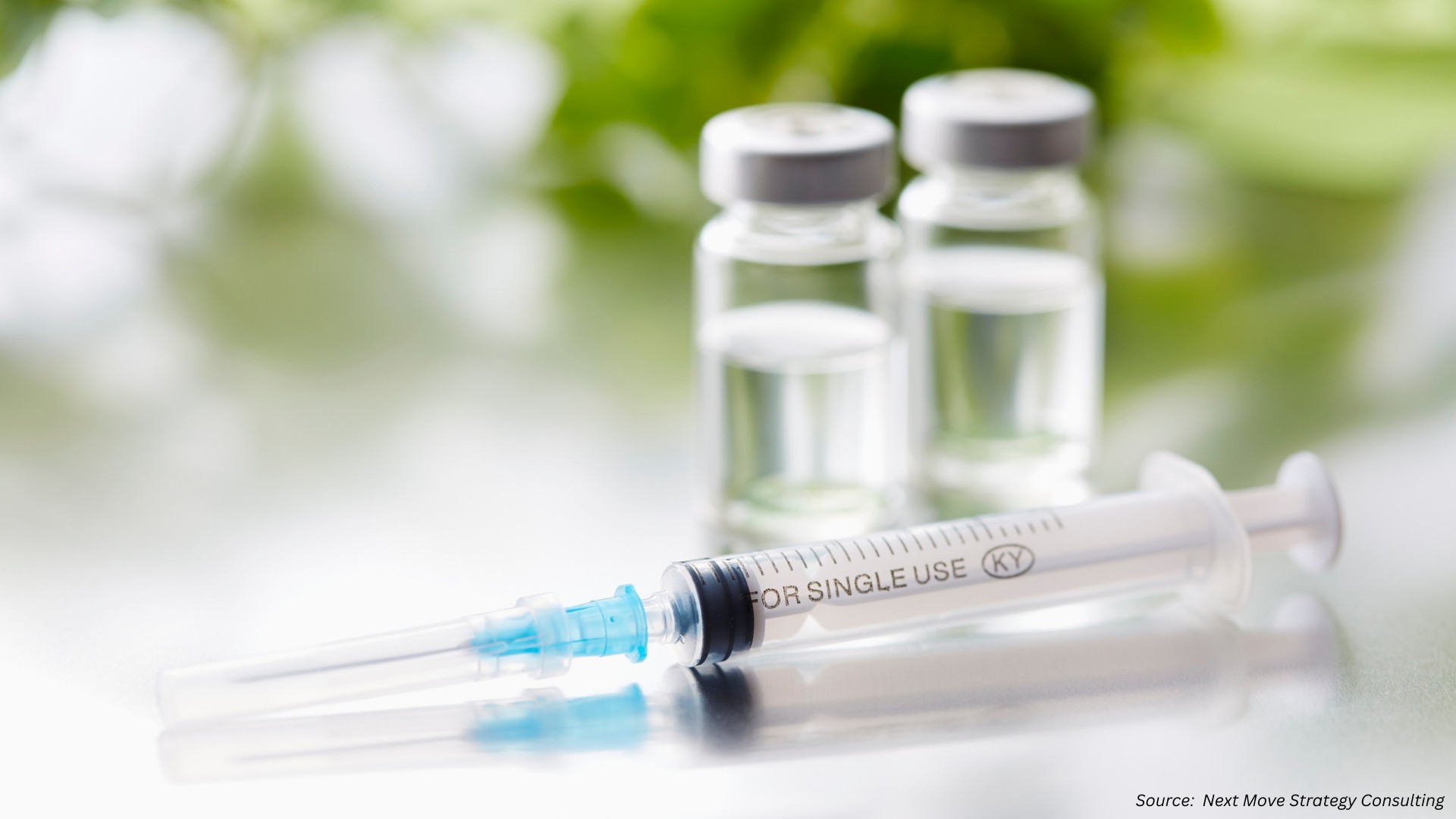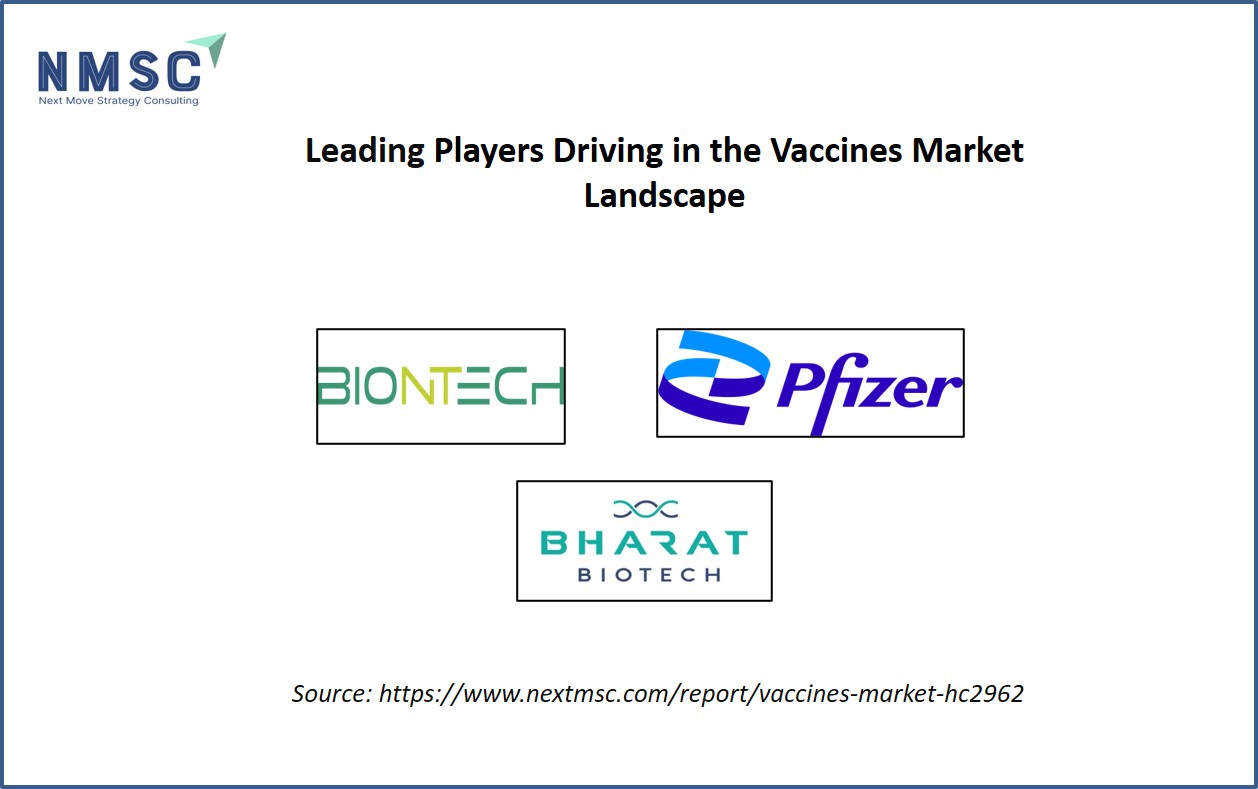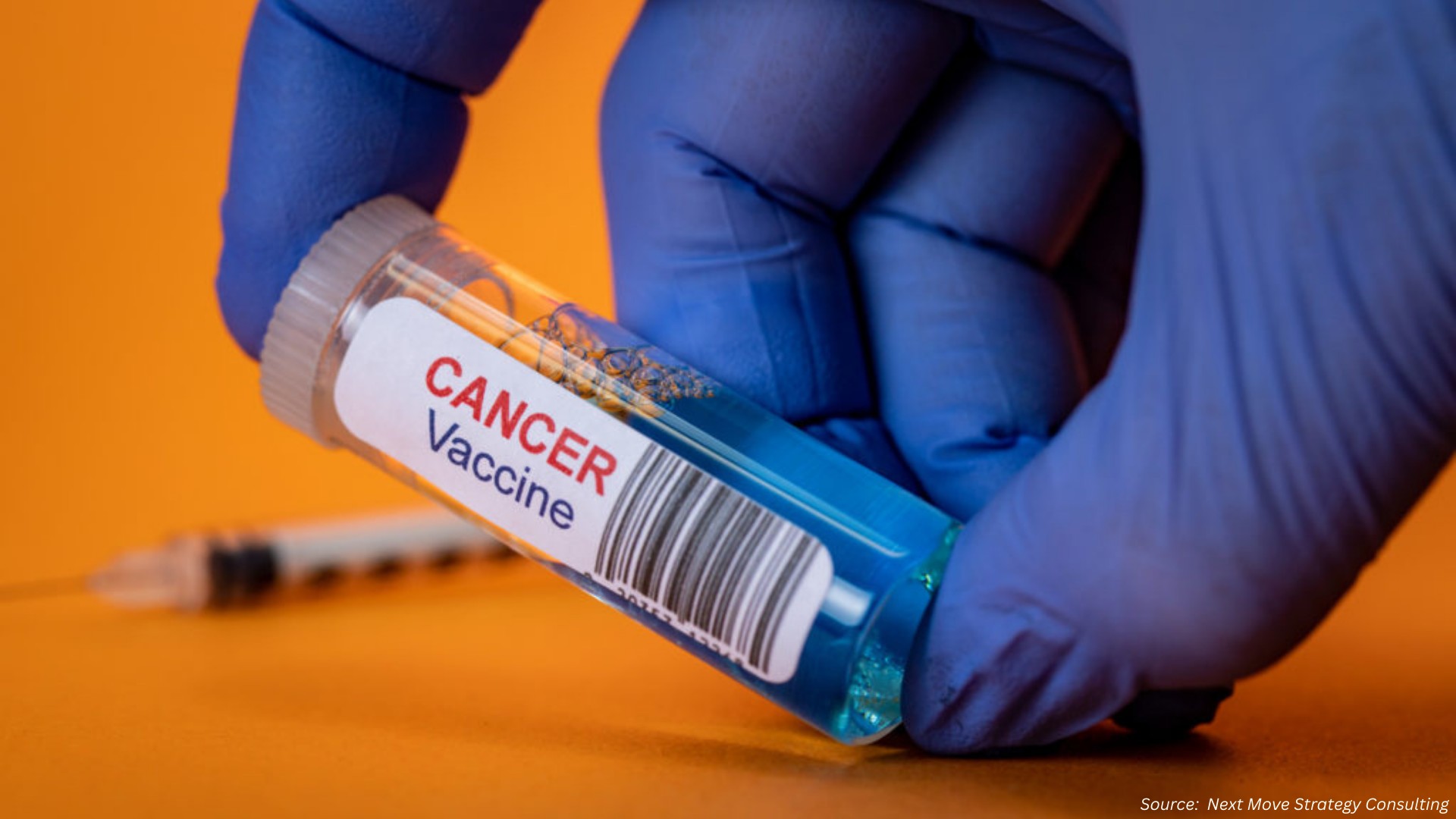Vaccines in 2025: Navigating Changes and Challenges
Published: 2025-09-18

Vaccines have long been a cornerstone of public health, saving millions of lives annually. In 2025, however, the landscape of vaccine development and policy is shifting dramatically. From the Trump administration’s decision to halt $500 million in mRNA vaccine projects to new FDA restrictions on COVID-19 boosters, these changes spark both hope and concern. Meanwhile, the World Health Organization (WHO) emphasizes the critical role of vaccines amid rising misinformation.
The Halt of mRNA Vaccine Projects:
A Bold Move
The U.S. Department of Health and Human Services (HHS), led by Robert F. Kennedy Jr., announced in August 2025 the cancellation of $500 million in contracts for mRNA-based vaccine projects targeting respiratory viruses like COVID-19 and influenza. This decision reflects Kennedy’s skepticism toward mRNA technology, which he has criticized for its perceived limitations when viruses mutate. Kennedy advocates for whole-virus vaccines and novel platforms, arguing they are safer and more adaptable. The HHS clarified that other uses of mRNA technology within the department are not affected.
According to the report by Next Move Strategy Consulting, the global Vaccines Market size is predicted to reach USD 115.08 billion by 2030 with a CAGR of 5.5% from 2025-2030.
Infectious disease expert Dr. Mike Osterholm called this a “dangerous decision,” warning it could hinder future pandemic responses.
How mRNA Vaccines Work?
Unlike traditional vaccines, mRNA vaccines use a small piece of genetic code to instruct the body to produce a viral protein, triggering an immune response. This technology, used in approved COVID-19 and RSV vaccines, has been praised for its speed and adaptability, with companies like Moderna exploring a combined mRNA vaccine for COVID-19 and flu, though it is not yet used in flu shots.
The halt of $500 million in mRNA vaccine projects signals a major pivot in U.S. vaccine policy, raising concerns about preparedness for future pandemics while promoting alternative vaccine technologies.
FDA’s New COVID-19 Booster Rules: Who Qualifies?
In a significant policy shift, the U.S. Food and Drug Administration (FDA) announced in 2025 that only seniors and high-risk individuals will be routinely eligible for COVID-19 booster shots in the fall. This change departs from the previous recommendation of annual boosters for everyone aged six months and older.
Key Details
-
Eligibility: Healthy individuals under 65 may not automatically qualify for boosters, requiring additional studies to justify their use in lower-risk groups.
-
Strain Selection: The FDA is debating whether to update vaccines to target the LP.8.1 variant, dominant in 2025, or retain the JN.1-based formula, while the European Medicines Agency has recommended switching to LP.8.1.
Expert Perspectives
Dr. Vinay Prasad, head of the FDA’s vaccine office, advocates for a science-driven approach, questioning the need for annual updates unless supported by data. However, Dr. Osterholm warns that this policy could create barriers to vaccination, particularly for families seeking to protect children.
The FDA’s new booster policy prioritizes high-risk groups, potentially limiting access for others and raising questions about vaccine availability and effectiveness against evolving variants.
WHO’s Call to Action: Combating Misinformation
At the 78th World Health Assembly (WHA) in May 2025, WHO’s Director of Immunization, Vaccines, and Biologicals, Kate O’Brien, highlighted the global surge in vaccine-preventable disease outbreaks and the threat of misinformation. Vaccines save at least 6 lives every minute and protect against over 30 life-threatening diseases. False claims and distrust are undermining public trust, increasing outbreaks of diseases like measles, cholera, and polio.
The WHA also discussed the Global Road Map for Defeating Meningitis by 2030, emphasizing equitable vaccine access, rapid diagnostics, early detection, and outbreak prevention to eliminate meningitis as a public health threat. The WHO’s Pandemic Agreement, adopted on May 20, 2025, aims to strengthen global cooperation and ensure equitable access to vaccines, diagnostics, and treatments.
On 23 May 2025, the session ‘The Power of Prevention: Immunizing for a Safer, Healthier World’ will spotlight how stronger health systems and universal rubella vaccination can help achieve the urgent goal of eliminating measles and rubella.
The WHO underscores the critical role of vaccines, calls for unified action to counter misinformation, and emphasizes global initiatives like the meningitis road map and the Pandemic Agreement to strengthen immunization systems.
Who Are the Leading Players in the Global Vaccines Industry?
Major companies active in the vaccines market include Biofarma, Bharat Biotech International Limited, Pfizer Inc., Serum Institute of India Pvt. Ltd., BioNTech SE, Sinovac Biotech Ltd., Moderna Inc., Merck & Co., Inc., Sanofi Winthrop Industry, GlaxoSmithKline plc, Beijing Zhifei Lvzhu Biopharmaceutical Co., Ltd., AstraZeneca plc, Johnson & Johnson Services Inc., Valneva SE, Indian Immunologicals Ltd., among others. To strengthen their position, these players are pursuing strategies such as collaborations, partnerships, and global expansion.
What’s at Stake for Public Health?
The changes in U.S. vaccine policy and the global rise in misinformation pose challenges to maintaining progress against vaccine-preventable diseases. The halt of $500 million in mRNA vaccine projects could hinder future pandemic preparedness, as warned by infectious disease expert Dr. Mike Osterholm. The FDA’s restricted booster access for COVID-19 could limit protection for some populations, raising concerns about vaccine availability and insurance coverage. Meanwhile, WHO’s efforts emphasize the need for trust, collaboration, and innovation to sustain immunization progress, including initiatives to combat meningitis, tuberculosis, and malaria.
Key Data Points
|
Issue |
Impact |
|
mRNA Project Halt |
$500 million in contractscanceled, potentially slowing pandemic preparedness |
|
FDA Booster Policy |
Limits boosters to seniors and high-risk groups, raising access concerns |
|
WHO’s Vaccine Impact |
Saves 6 lives per minute, protects against 30+ diseases |
|
WHO’s Global |
Focus on defeating meningitis, TB, and malaria through equitable access and innovation |
U.S. policy shifts and misinformation challenge public health efforts, but global initiatives, including WHO’s focus on meningitis, TB, and malaria, highlight opportunities for resilience through trust and collaboration.
Next Steps: How to Stay Informed and Protected
To navigate the evolving vaccine landscape, take these actionable steps:
-
Consult Trusted Sources: Rely on credible organizations like the WHO and CDC for vaccine information, avoiding unverified social media claims.
-
Check Eligibility: Confirm with healthcare providers whether you or your family qualify for COVID-19 boosters under the new FDA guidelines.
-
Stay Updated: Follow CDC guidance expected in June 2025 for the latest on fall booster recommendations.
-
Support Advocacy: Engage with community leaders to promote vaccine trust and equitable access, aligning with WHO’s call for collaboration.
-
Monitor Variants: Keep an eye on updates about virus strains like LP.8.1 to understand vaccine effectiveness.
Final Thoughts
Vaccines remain a powerful tool for public health, but 2025 brings new challenges. By staying informed and proactive, you can help ensure protection for yourself and your community.
About the Author
 Nitrishna Sonowal is a skilled SEO Executive and Content Writer with over 3 years of experience in the digital marketing industry. With a deep understanding of the ever-evolving digital landscape, she blends analytical insights with creative storytelling to deliver impactful digital solutions. She creates content that resonates with both clients and readers alike. Outside of work, she enjoys dancing, baking, and travelling to new places.
Nitrishna Sonowal is a skilled SEO Executive and Content Writer with over 3 years of experience in the digital marketing industry. With a deep understanding of the ever-evolving digital landscape, she blends analytical insights with creative storytelling to deliver impactful digital solutions. She creates content that resonates with both clients and readers alike. Outside of work, she enjoys dancing, baking, and travelling to new places.
About the Reviewer
 Sanyukta Deb is a skilled Content Writer and Digital Marketing Team Leader, specializing in online visibility strategies and data-driven campaigns. She excels at creating audience-focused content that boosts brand presence and engagement, while also pursuing creative projects and design interests.
Sanyukta Deb is a skilled Content Writer and Digital Marketing Team Leader, specializing in online visibility strategies and data-driven campaigns. She excels at creating audience-focused content that boosts brand presence and engagement, while also pursuing creative projects and design interests.

















Add Comment